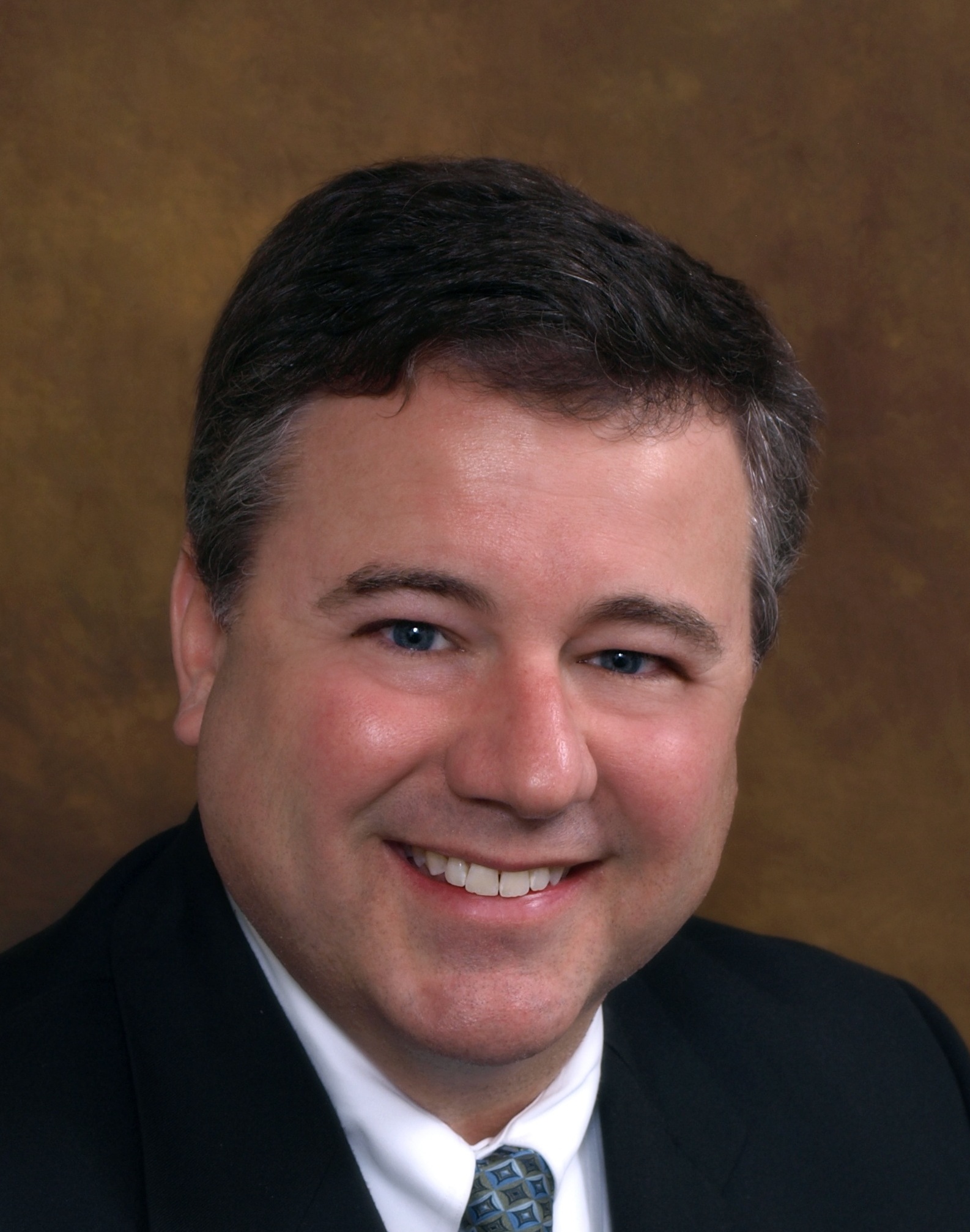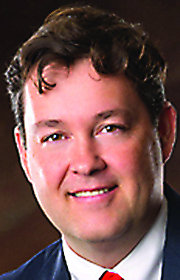Judge Philyaw deserves full term
Hamilton County Juvenile Court Judge Rob Philyaw said he was fortunate to follow in the footsteps of longtime Judge Suzanne Bailey, who ran a "tight ship" and a "constitutionally sound" court.
However, since his appointment 14 months ago, he has begun trying to make his imprint on the court by, among other things, commissioning a truancy task force that presented its findings this week, by laying the groundwork for a juvenile drug court and by creating a youth peer court that he hopes will be a positive influence on other youth.
For continuing to run the court's "tight ship" and for his recent innovations, we believe he deserves election to a full term.
Philyaw is opposed by Yolanda Echols Mitchell, who has experience in the Hamilton County District Attorney's office, was a Hamilton County magistrate from 2007 to 2011 and has been in private practice since 2004.
She believes the Juvenile Court needs more parental involvement, that offenders need more assessment and individualized attention, and that more programs need to be introduced that could "enrich the lives" of offenders.
Philyaw says the findings from the 17-member truancy task force that studied the problem for a year "are not a magic bullet" but will help.
The report found, among other things, that Hamilton County had the highest percentage of truant students of the four most populous Tennessee school districts. It also highlighted loopholes in how truant students are handled and gave a start-to-finish assessment of problems with how truancy cases are tracked, reported and resolved.
Prosecutor Boyd Patterson, a task force member who once headed anti-gang efforts, now does work in Juvenile Court for the DA's office. He says addressing truancy can pull back the student on the brink of crime, which, in effect, could prevent the next aggravated assault, robbery or drive-by shooting.
The earlier the Juvenile Court gets involved, the more effectively it can direct programs and help students in need, he says.
Philyaw says another ongoing problem that puts offenders in his court is the city curfew system, which is not "workable" because police "don't have the tools" and because it's not a City Hall priority. For whatever reason, he says, it works in Knoxville and Nashville.
Chattanooga's ordinance, he says, "needs to be rewritten."
Philyaw's youth court will start with 40 students, who will receive 12 hours of training from lawyers and will, in turn, act as advocates and jury members in hearing actual cases in which the defendant is given the option of using the court. He hopes eventually to have up to 120 students involved.
Mitchell says the Juvenile Court too often is no more than "a revolving door," that youth shouldn't be treated like adults in the disposition of their cases, and that the court should first "take the role in the community to prevent [youth] from ever coming into the system."
She also questions the need for a youth court and worries about the confidentiality and self-esteem of offenders who would be questioned.
We believe Mitchell has sound thoughts about the court but believe Philyaw deserves a full term to flesh out his plans.
Smith offers new ideas, fresh start
Steve Smith believes it's time for a fresh approach to the Hamilton County Public Defender's office.
Look at it as sort of a phase two, if you will.
In phase one, Ardena Garth was appointed the county's first public defender in 1989 and has been elected three times since. She helped create the office, has run it for 25 years and is the first black woman elected to a countywide office.
She is, personally, a fine woman and, as such, has been honored with the Unbought and Unbossed Award by Girls Inc. and as one of Chattanooga's Women of Distinction by the American Lung Association.
However, the office of public defender, which represents people in need of legal assistance but unable to hire an attorney, has flown under the radar for much of Garth's tenure there.
Today, few are willing to criticize her personally but say the office under her leadership has a lack of focus and is not what it should be. One local attorney referred to it in a public letter as "a ship without a rudder."
We believe the election of Smith can bring the office up to what he says should be akin to "the premier criminal defense law firm in town."
Since it defends the poorest defendants and perpetrators of some of the most heinous crimes, it will never be the most popular county office in town, he says, but it should have "the best people" because many of the people it represents have "very little leverage."
It should be a "one-stop shop to help the client," Smith says. "We may be the only person they see."
The challenger has worked as both a defense attorney and a prosecutor, spending the last eight years as an assistant district attorney for Hamilton County. Prior to that, he was in private practice -- including work in the criminal courts -- with now-Juvenile Court Judge Rob Philyaw.
"I started on the defense side," he said. "I liked being in court, arguing in court."
Currently, Smith says the public defender's office seems to spend more "resources on high-profile cases" and appears to consider it more important to be "opposing the state rather than representing the individual client."
His campaign website also notes that he wants to eliminate "unacceptable delays and unnecessary expenses that he has witnessed firsthand in the courtroom."
Smith's not the first person to question whether the office is on sound footing.
In a seven-page opinion in 2012, in which two lawyers from the public defender's office were dismissed from the case of then-accused and now-sentenced cop killer Jesse Mathews, Criminal Court Judge Barry Steelman cited the office's overburdened workload, limited resources, problems with staffing and past trial performance among his reasons for reassigning the case to private attorneys.
He detailed an alleged "pattern" of shortcomings, errors and ineffective assistance of counsel in at least three previous death penalty cases involving the two lawyers from the office.
After the opinion, Garth filed recusal motions for future cases in Steelman's court but two weeks later filed that she was striking the motions for recusal.
The incumbent, who also spent time as a Hamilton County assistant district attorney and was its first child abuse prosecutor, points in her bid for re-election to sensing the need, getting (in 1996) and keeping a sentencing advocate in the public defender's office, assisting in the creation of the county's first drug court and her office being "ahead of the IT (information technology) curve."
Smith, we believe, is the right shepherd with the right ideas for the office's second 25 years. We endorse him.

